Monica Budiє. Comunitatea romвneascг de pe Valea Timocului bulgгresc, Editura Militarг, Bucureєti, 2001
Monica Budiє. Comunitatea romвneascг de pe Valea Timocului bulgгresc, Editura Militarг, Bucureєti, 2001
BOOK REVIEW AND COMMENT
More...BOOK REVIEW AND COMMENT
More...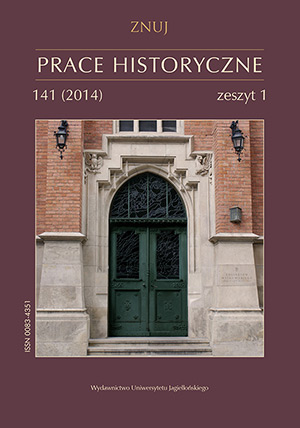
Keywords: Polish-British relations; intellectuals; Polish case in Great Britan; interwar period; history of Polish literature
There was scarce cooperation among Polish and British scholars in the interwar period due mainly to poor political relations between the two countries. Despite strong anti-Polish propaganda in the leading British daily newspapers, there was a group of people actively involved in the construction of the positive image of Poland in the British Isles. Among them one can find Roman Dyboski, English philologist from Cracow, and Monica Mary Gardner, writer on Poland and Polish literature from London. With the help of Polish Embassy in the UK they were striving in order to improve Polish-British relations by presenting the Anglo-Saxon readers with numerous studies on history of Polish literature and culture. Polish, British and American archival materials help the author depict the meanders of this academic friendship with its most essential fruits.
More...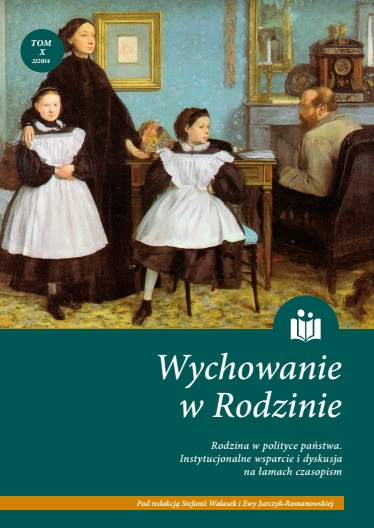
Keywords: magazine for parents in the nineteenth century; Catholic upbringing; mother as an educator; methods of home education
A special role in the development of national interest issues and the problems of social life among the Polish diaspora of Upper Silesia in the second half of the nineteenth century was played by the journals, published in Polish, which were thematically profiled and, on the one hand, passed specialized knowledge to the readers and, on the other, advised how and in what way they could solve everyday problems. Included among these periodicals was a weekly magazine “Monika”, which throughout the whole period of its publication was solely dedicated to the Christian education of children. Specialized pedagogical guidelines provided in each issue, which were called “ten household commandments needed to educate children”, developed in parents, especially mothers, beliefs about the relationship between their religious Catholic faith and the ensuing educational responsibilities. The journal argued that the most important parental duty to their children was the care of relationships between the family members and that they would create exemplary homes, where children not only experienced the true love of God, but also received, under the Decalogue, examples of religious and moral behaviour as well as the code of conduct necessary in relations with others. By adopting such a perspective of understanding the family as the educational environment, maternal qualities were portrayed in the role of the first and most important educator, suggesting what methods and means of interaction she should apply and describing the typical educational mistakes and how to avoid them.
More...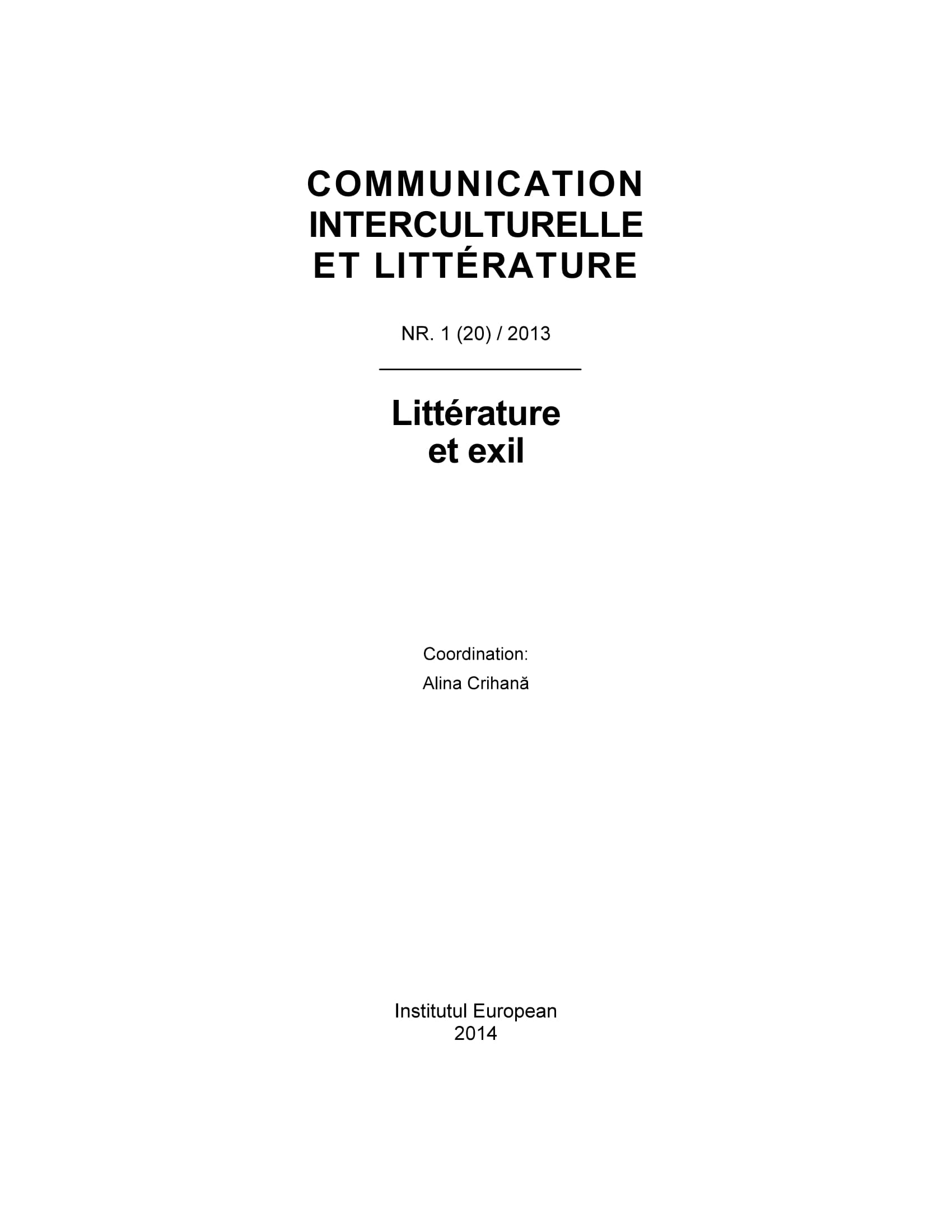
Keywords: la lucidité; intelligentsia; la crise d’identité;
En obtenant asile politique dans la France de l’après-guerre, Monica Lovinescu conduit au poste de radio L’Europe libre des émissions culturelles, en promouvant de cette manière la littérature roumaine dans l’entier espace francophone. Elle conçoit les chroniques littéraires radiophoniques en abordant deux directions: une culturelle – la réception critique de la littérature roumaine dans l’exil – et une politique – l’orientation des représentants intellectuels roumains, en condamnant la crise d’identité des écrivains engagés politiquement. Les thèmes autour desquels elle organise son discours critique sont la littérature d’évasion et la transgression des tabous communistes dans la littérature.
More...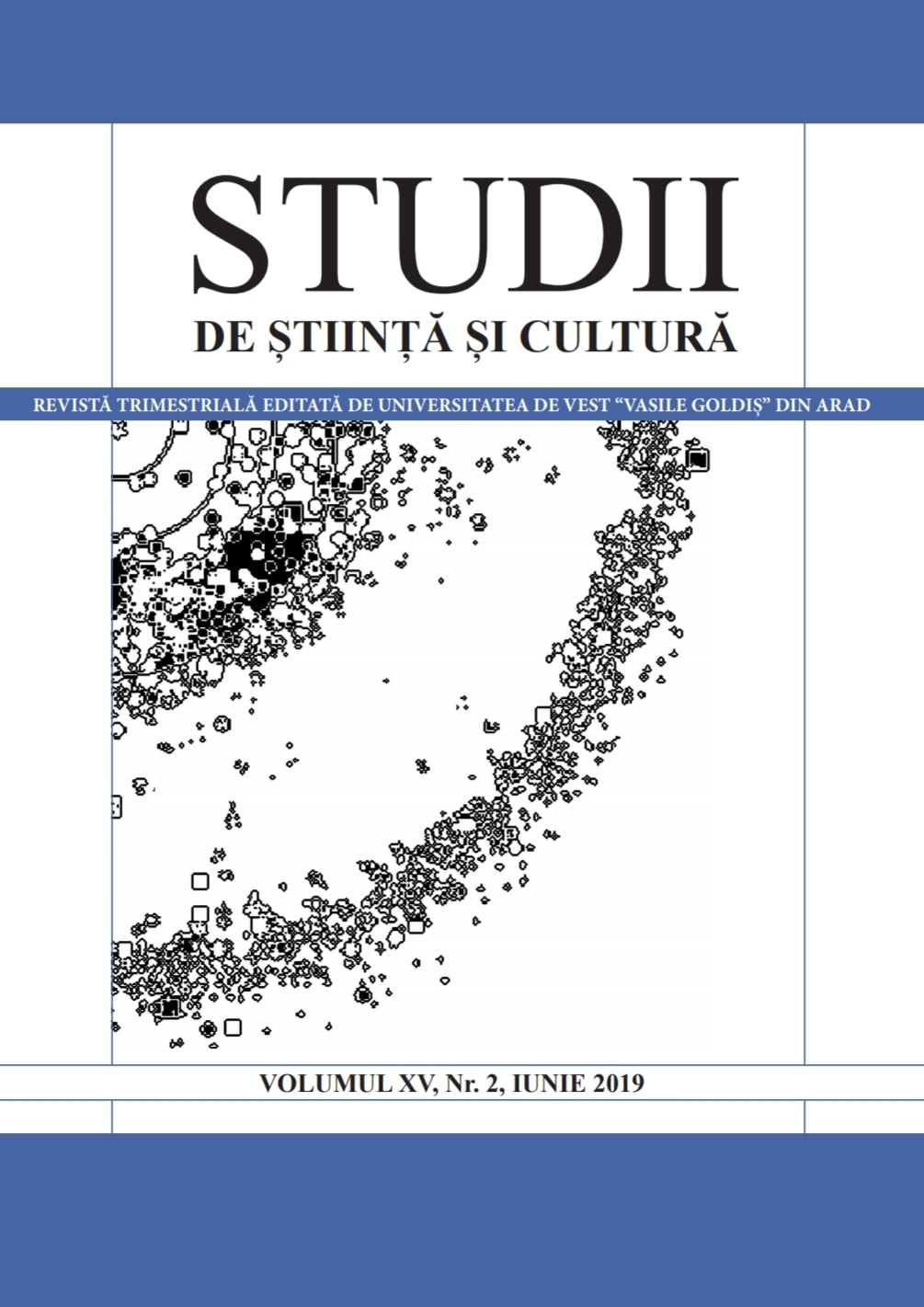
Keywords: book review;
Book review
More...![Susana-Monica Tapodi, Itinerare textuale. Studii și eseuri de istoria culturii și de literatură comparată [Itinéraires textuels. Etudes et essais d’histoire de la culture et de la littérature comparée], Iași, Ed. Vasiliana ’98, 2017, 326 p.](/api/image/getissuecoverimage?id=picture_2019_55523.jpg)
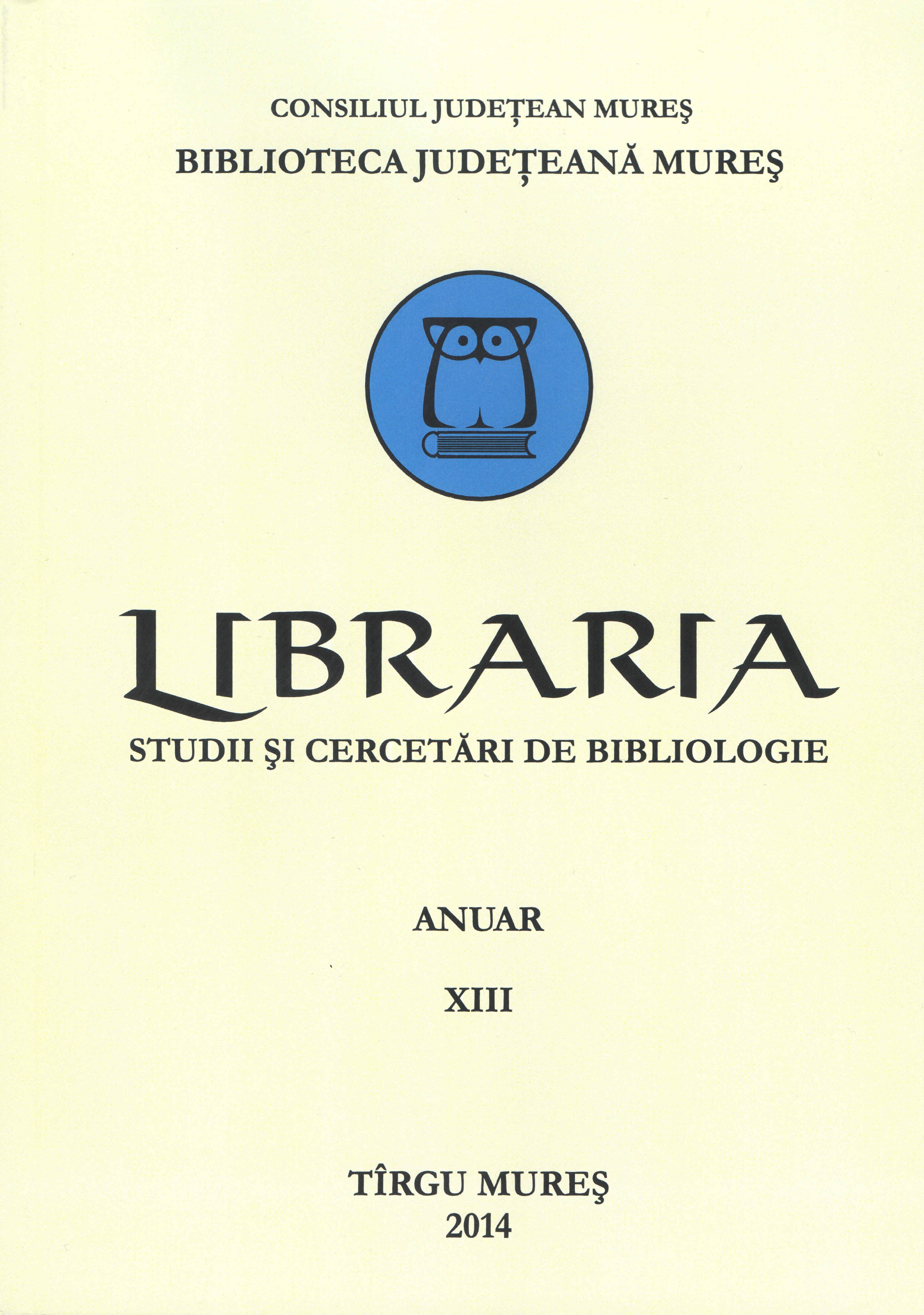
Keywords: Libraria; Biblioteca Județeană Mureș; biblioteconomie; bibliologie; carte veche; carte bibliofilă; istorie locală; servicii de bibliotecă; Biblioteca Teleki; carte veche românească;
More...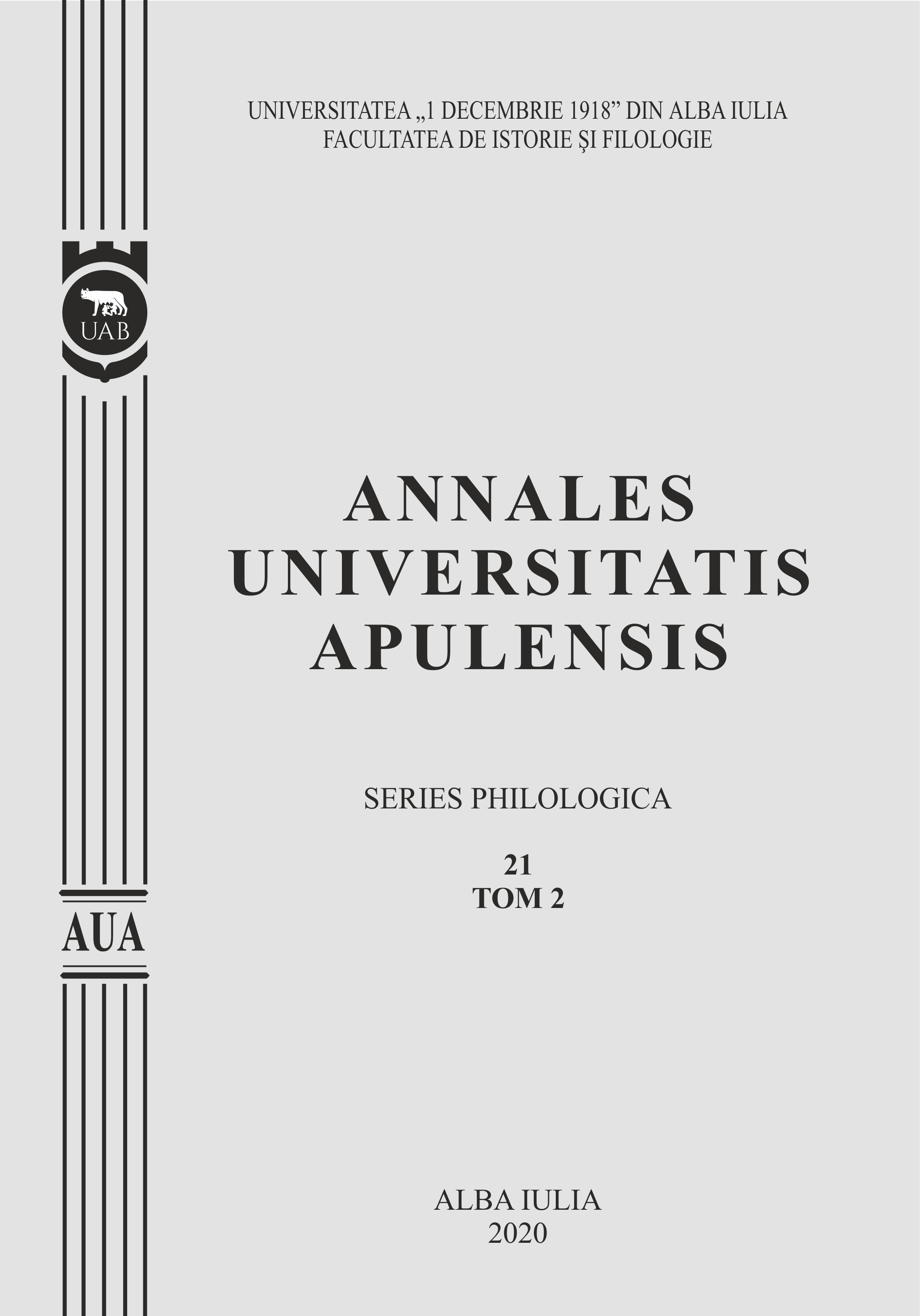
Keywords: totalitarianism; fascism; communism; memory; ideology; emigration;
The memorial pages are the living mirror of what the exercise involved in reviewing the shadows and lights of a resurrected end of totalitarianism, he with a human face. It is important to note that, as per the stipulations of the 2nd article of TUE, the European Union is built on an axiological and ontological capital that is completely democratic and tolerant. This `humanitarian added value` is a characteristic of all member states and equally, of all aspiring countries that are interested in outlining the mutual European values: respect the human dignity, of the freedom and democracy, of the outstanding `potentially liberating` European memory, of the fundamentals of the `rule of law`, with everything that has to do with the `respect for the human rights`, including the `right of the people belonging to minorities”. Together with the agonistic perspective as found after 1990 in Tzvetan Todorov books, filled with the liberating appeal to memory, the critical attitude towards totalitarianism and its avatars of Jeliu Jlev, initially exposed in the Fascism (1982), a softer version of the Totalitarian State (1967), where the Bulgarian philosopher and political scientist was warning on the `absolute coincidence` of the two versions of the totalitarian regime: the fascist version and the communist one.
More...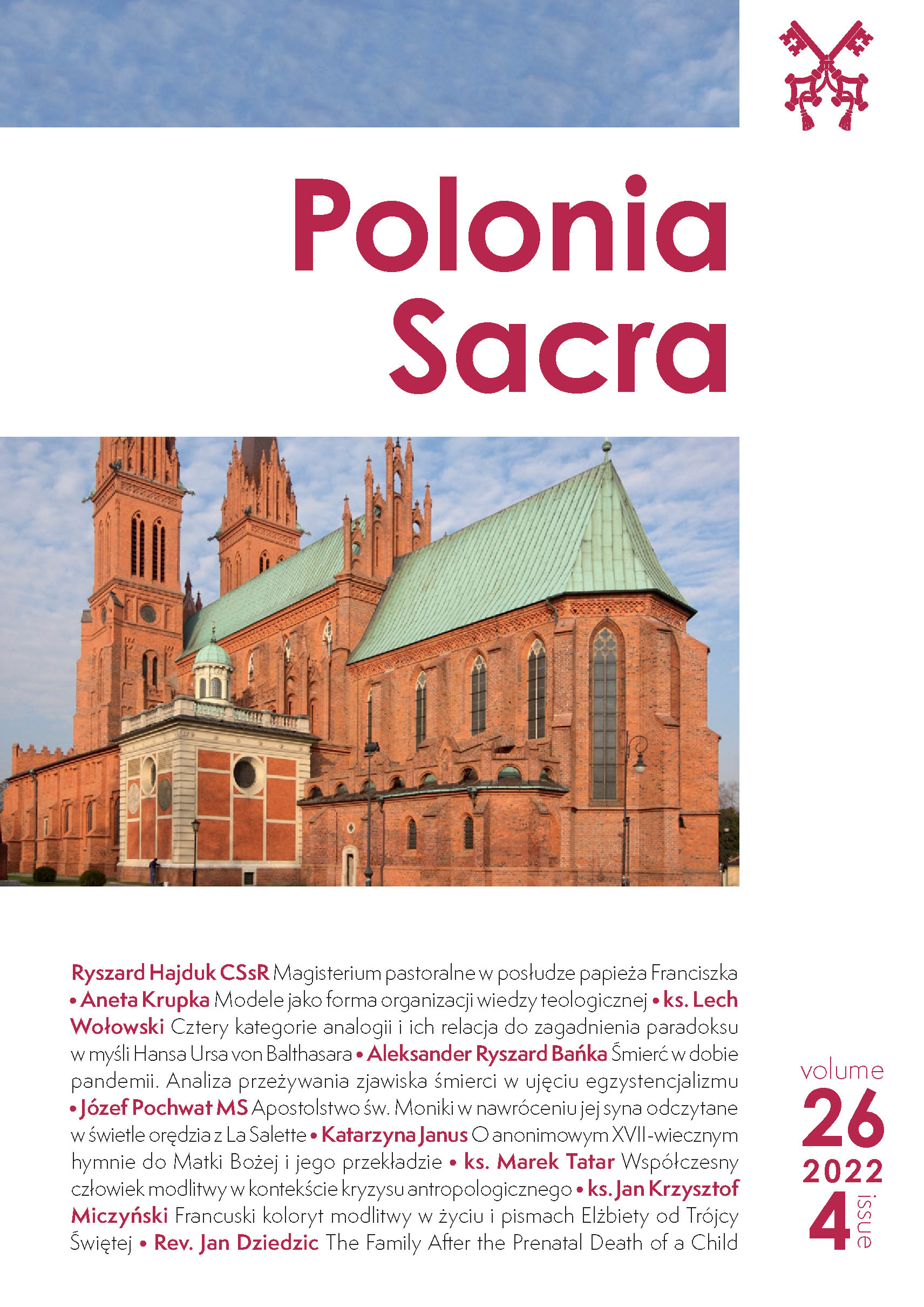
Keywords: apostolate; conversion; prayer; baptism; Holy Bible; tears;
The role of the Apostolate mentioned by the Second Vatican Council is invariably im-portant. It can be seen in St. Monika’s attitude towards her son St. Augustine in the 4th century, and also in the mission of Mary, revealed at La Salette in France in the nineteenth century. The Apostolate in the aspect of conversion seems to be one of the most pressing needs of the first half of the 21st century.
More...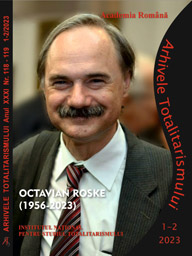
Keywords: Monica Lovinescu; anticomunism;
This is a review of Monica Lovinescu's book Jurnal esențial, 1981-2002, ediție de Cristina Cioabă, prefață de Ioana Pârvulescu, ediția a II-a, revizuită și adăugită, Humanitas, București, 2022, 544 p
More...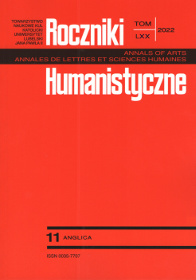
Keywords: Irish culinary history; Irish cuisine; Irish cookbooks; Monica Sheridan; Monica’s Kitchen; 1960s Ireland
Usytuowane na pograniczu takich dyscyplin jak historia kulinarna, historia codzienności oraz badania nad narracją, niniejszy artykuł bazujący na jakościowej analizie treści w książce kucharskiej Moniki Sheridan pt. Monica’s Kitchen analizuje różne sposoby, w jakich czas uwidacznia się w tej publikacji. Artykuł ten ma na celu ukazanie tego, że książki kucharskie mogą stanowić cenne źródło w analizie przeszłości, teraźniejszości i przyszłości, a także wzbogacić rosnącą liczbę badań skoncentrowanych na irlandzkiej historii kulinarnej XX wieku.
More...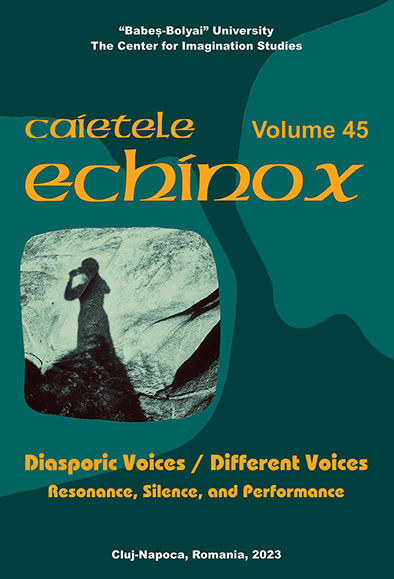
Keywords: Diasporic identity; Geocriticism; Open/ Closed Spaces; Postmigration; Humor; Community;
This paper proposes a geocritical reading of diasporic identity in the prose of Leila Aboulela, Jhumpa Lahiri and Monica Ali. It starts by looking at the experience of women joining their husbands in the West, their integration(or lack thereof) and the characters’ strategiesfor maintaining their faith, humor and specific cognitive mechanisms in spite of the culture shock they are facing. My hypothesis is that, instead of conforming to consecrated patterns of cultural interaction – such as assimilation into Western modernity, isolationist rebellion against it or voluntary uprootal – these characters manage to find another way of defining themselves againsta new background: namely, they create mental spaces to inhabit, bringing their original homes and their adoptive ones into constant dialogue and subjecting both worlds to a combination of irony and empathy.
More...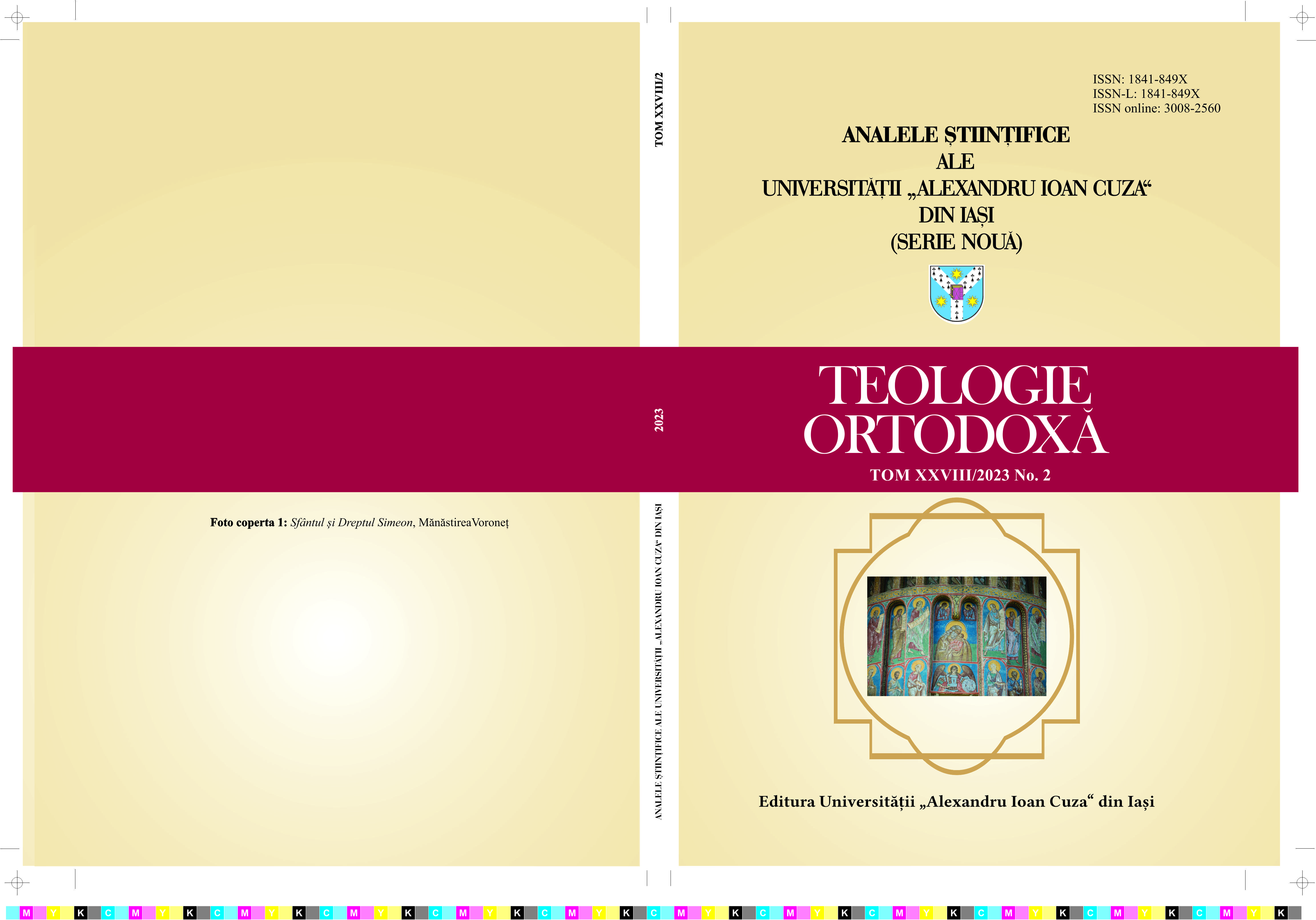
Keywords: language; St. Monica; Blessed Augustine; unspeakable words; influence; conversion;
In this article, we wish to highlight the fact that the words “with much power” of mother Monica won the soul of her son, Augustine, and directed him towards moral beauty, writing the words of eternal life in his heart. And Augustine, as soon as he received the power of the Word, stood up and came close to the light of divinity. The power of the word is extraordinary. Every word has power, because it is someone’s, because through the word someone’s desire and will is expressed. And the desire, the will, the call of that moves the one towards whom it goes. Man subdues man. Man gives power to man, primarily through the word. Saint Monica, like the other great saints of the Church, when she reached the revealed experience and found herself in mystical ecstasy or in the uncreated Light, “there”, in those states, there are no created words and meanings, in other words, categories of human thought, which are formulated and expressed through rational processes. “The experience of glorification (δοξαςμός) surpasses all words and meanings. Saint Monica partook of the uncreated words and meanings and then transmitted this experience of seeing God to Augustine, through created words and meanings to heal him, so that he too, using the created words and meanings, would be guided to the uncreated words and meanings, to the experience of revelation. When Augustine lives the experience of revelation, created words andmeanings are transcended, since he experiences uncreated reality itself.
More...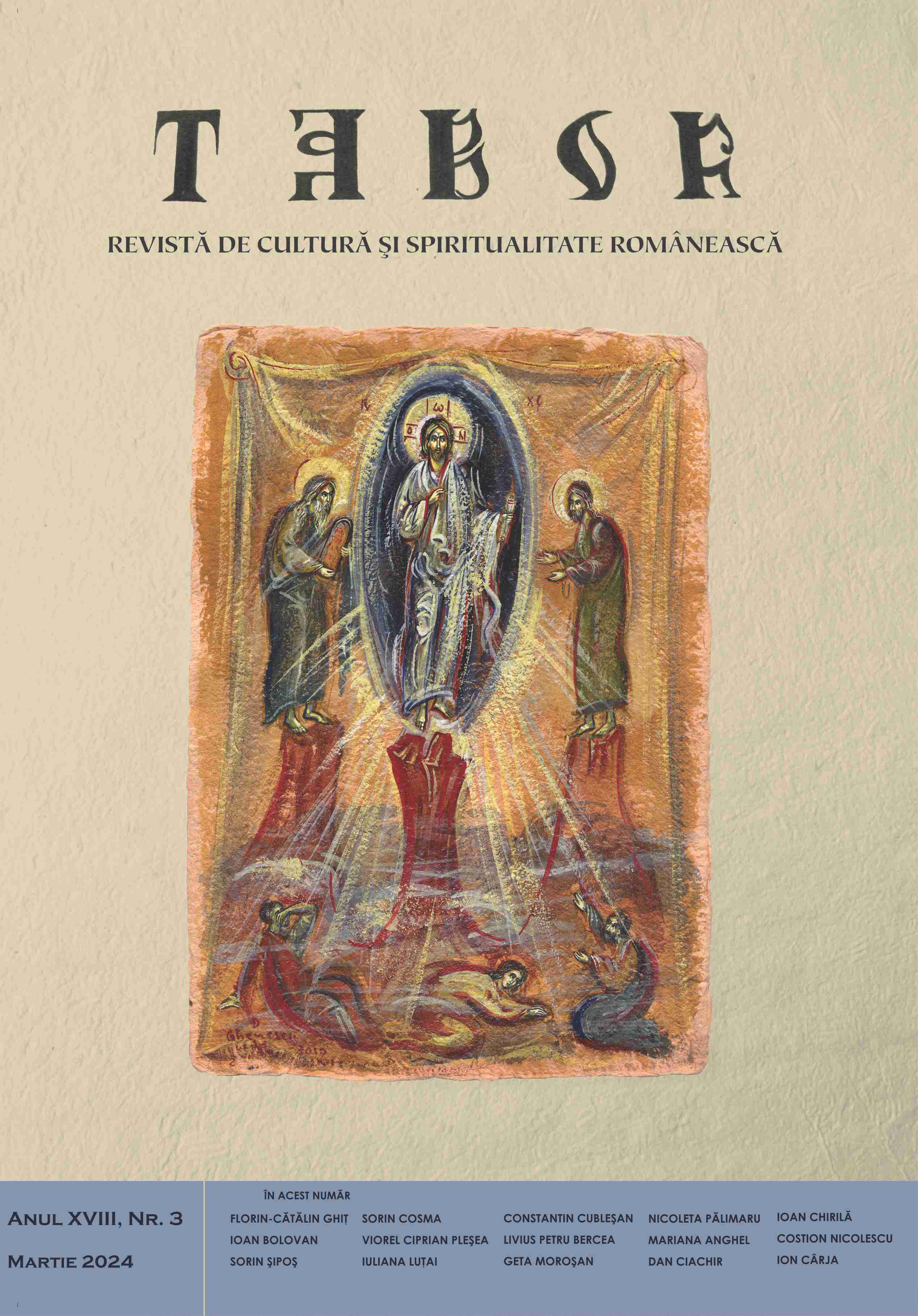
Keywords: MONICA PILLAT; Colinde şi daruri de veghe; Editura Spandugino; Bucureşti;
Book-Review to MONICA PILLAT, Colinde şi daruri de veghe, Ed. Spandugino, Bucureşti, 2023
More...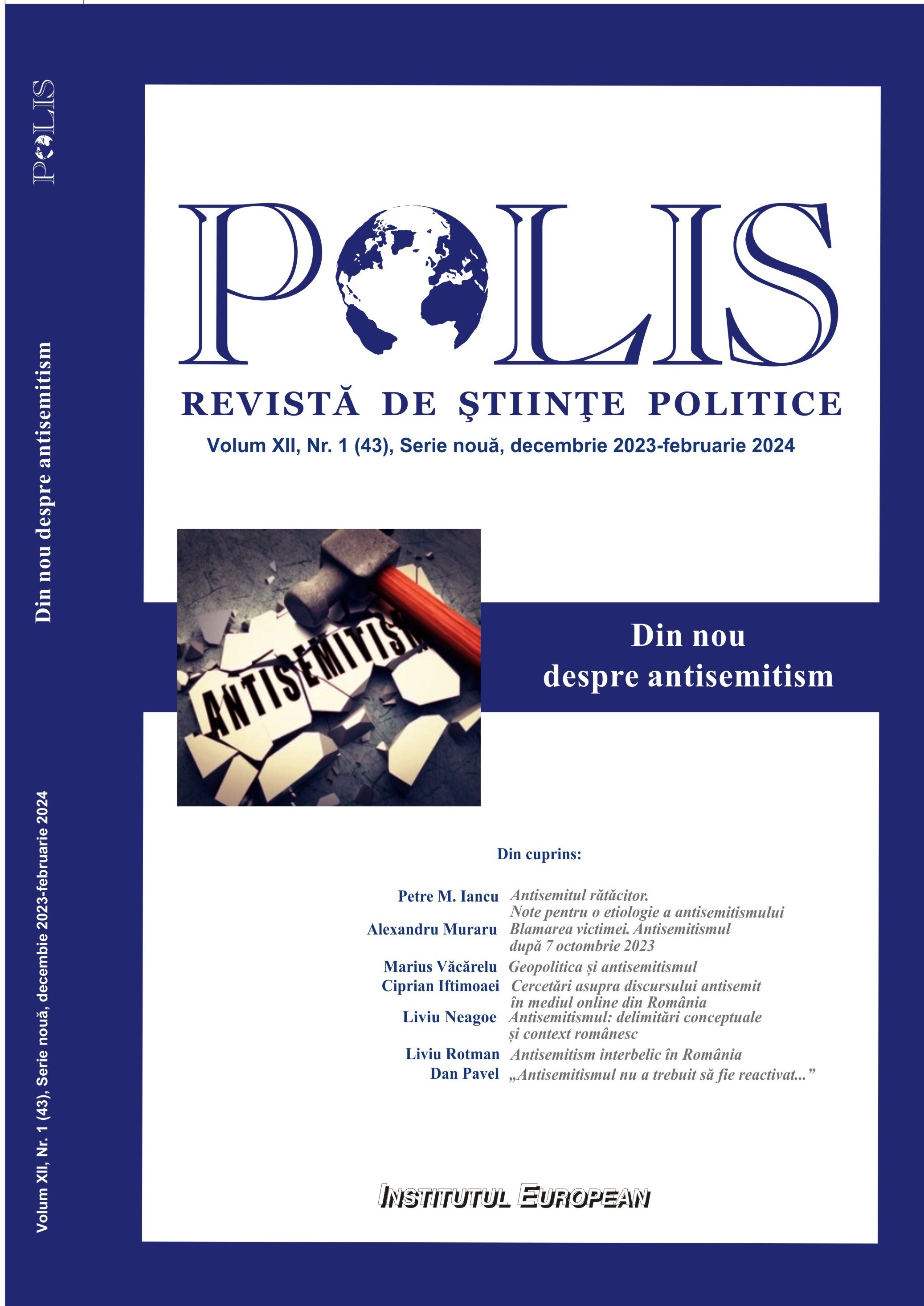
Keywords: short waves; propaganda articles; anti-communist resistance; print press;
This thesis aims to briefly explore the long-lasting polemics between Monica Lovinescu and Romanian communist writer Eugen Barbu and the campaigns he initiated in Săptămîna newspaper against the exiled intelligentsia, especially against Lovinescu’s biography, literature, and radiophonic activity from Radio Free Europe. The radiophonic Parisian discourse and that of the local partisan print press are at opposite poles highlighting how cultural Romanian propaganda was one the most important mechanisms of the political regime. Over the years, Barbu has published dozens of articles in which he became the official guideline defending Romania’s public image against those who were critical in any way in the diaspora. His arguments often lack factual accuracy and discursive diplomacy, built on multilevel contradictions. Some of these issues will be discussed, emphasizing that this research paper represents a selection of published articles that target different topics of discussion to analyze how the censorship apparatus, local propaganda, and cultural polemics have functioned in the Romanian communist regime.
More...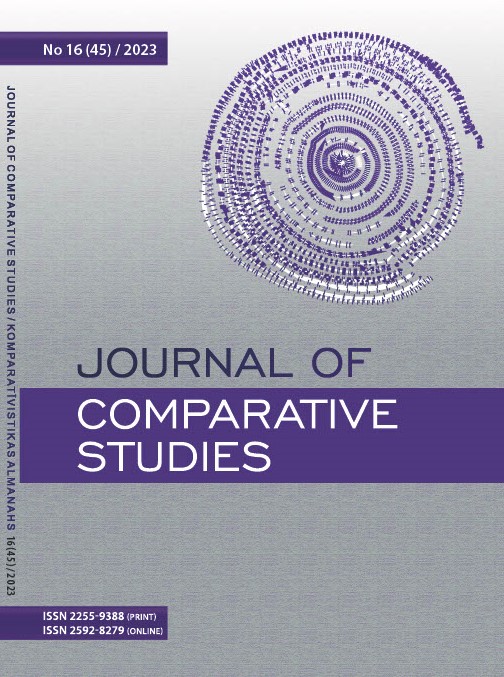
Keywords: diaspora; female; feminism; identity; loneliness; exile; culture;
This article explores female identity in diaspora society portrayed in Taslima Nasrin’s (1962) “French Lover” and Monica Ali’s (1967) “Brick Lane”. Nasrin writes about the female identity of the Indian diaspora, and Ali writes about the female identity of the Bangladeshi diaspora. This comparative study highlights two female characters from two novels, Nilanjana and Nazneen, who are always in-between tradition and adaptation. It also explores the intrinsic intersections between gender, migration and cultural dislocation. Nilanjana pursues personal liberation and Nazneen’s journey tends to the balance between traditional values and selfempowerment. The encounter of these two female characters with cultural differences is highlighted through the postcolonial lens of diaspora and diasporic identity, hegemonies, feminism, and cultural studies. Drawing on the themes of migration, assimilation and resistance, this study focuses on characters’ identities shaped by diasporic experiences as they face challenges of adapting to new cultures, the question of self-identity, cultural assimilation and freedom. As the boundaries of nation-states are redefined by the influence of globalization, and the growth of migration, the migration leads females from Third World countries to form their identity in the complex socioeconomic conditions, cultural divergences, and psychological landscapes. The primary objective of this research is to reveal the complexities of female experiences within diasporic communities. The positions of Nilanjana and Nazneen are very liminal in the new countries and new cultural backgrounds where diasporic patriarchal frameworks of power dynamics and cultural differences play crucial roles. This analysis sheds light on the multifaceted experiences of diasporic females who negotiate their identities in the intrinsic tapestries of crosscultural encounters. Their relationships with the home countries and host societies, and traditional and modern values, as well as the role of language, help in shaping their identities. The basic finding of this study is a deeper understanding of the multifaceted challenges and opportunities faced by women within diaspora societies.
More...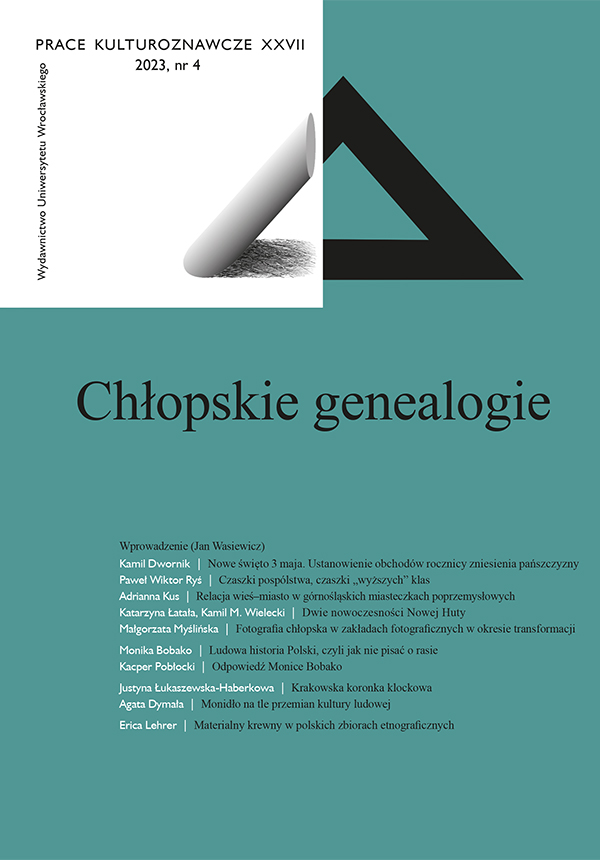
Keywords: scientific life;
Reply to Monica Bobako
More...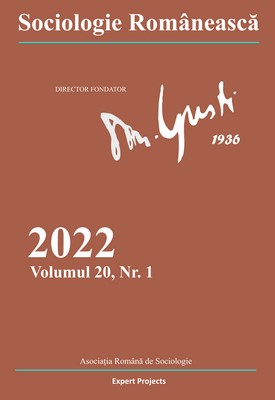
Keywords: public funding; local development; PNDL;
This book contains a thorough analysis of the way state-budged funds were distributed by the Romanian government during 2017-2020 through The National Program for Local Development (PNDL), the largest state-funded development program, not devoid of controversies. At the intersection of sociology, public administration and public finance, the analysis offers a valuable tool for understanding how the complex funding environment operates at different levels of public administration in Romania.
More...